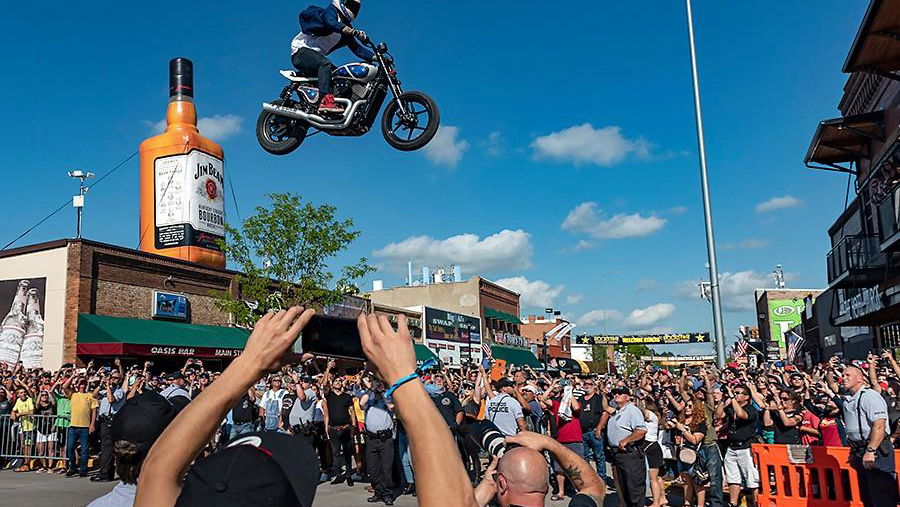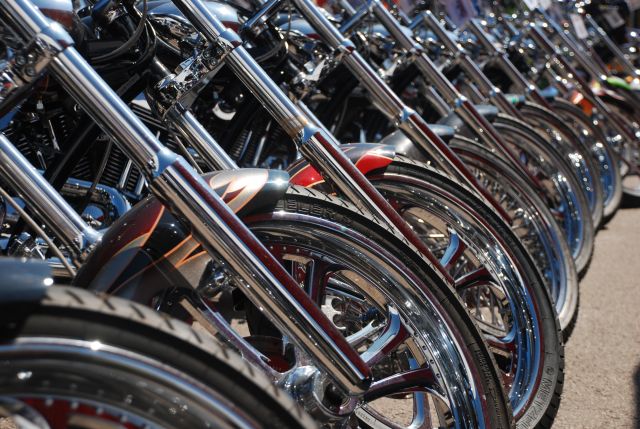Sturgis Motorcycle Rally linked to 250,000 COVID-19 cases
The Sturgis Motorcycle Rally is being called a ‘super-spreader’ after a study found it could have caused 19% of the US total for last month

DESPITE widespread condemnation from local residents and health leaders that the event could cause a spike in COVID-19 cases.
Indeed, the 2020 running of the event, the 80th time the motorcycle event has taken place, went ahead, with local reports showing it as a more raucous event than ever. Locals reported little or no mask-wearing among the crowds, with one bar reported to have been holding an impromptu ‘sneezing contest’ despite the obvious dangers.
Indian FTR1200 first impressions review
Now though, the result of the excess shown is taking its toll on the US health system, as a new study coins the event as a ‘super-spreader’, possibly leading to 250,000 new cases or more.
The study, carried out by four researchers at San Diego State University's centre for health economics, claims that the rally could have a public health bill of $12 billion.
The researchers use anonymised mobile phone data to track where attendees had travelled from before and after the rally. From this they were able to trace the attendees through their mobile footprint, linking them back to their hometown where COVID-19 cases were then investigated.

How much did Sturgis affect COVID-19 numbers after the event?
From this data, it was found that the counties that had the highest amount of Sturgis attendees saw COVID-19 cases rise on average by more than 10% - when compared to neighbouring states that didn’t have attendees to the event. The total number of new cases the study’s authors estimate to have occurred as a result of the event is set at more than 266,000.
Because most of the cases occurring at Sturgis are in visitors to the event, staff, officials, and locals were offered PPE, the small town in South Dakota had a lot to gain financially from the event going ahead. The aftermath though sees those attendees heading home, in some cases taking the virus with them, which causes an increase in public health costs in their home state.
The team of authors estimates that asymptomatic COVID-19 cases cost the health service around $11,000 each with symptomatic cases with no hospitalizations costing around $33,000. Because of this, the team of researchers have calculated that each of the 462,182 attendees could have been paid more than $26,000 each not to attend the event!
To read the report for yourself, click here.
.jpg?width=1600)
.jpg?width=1600)
